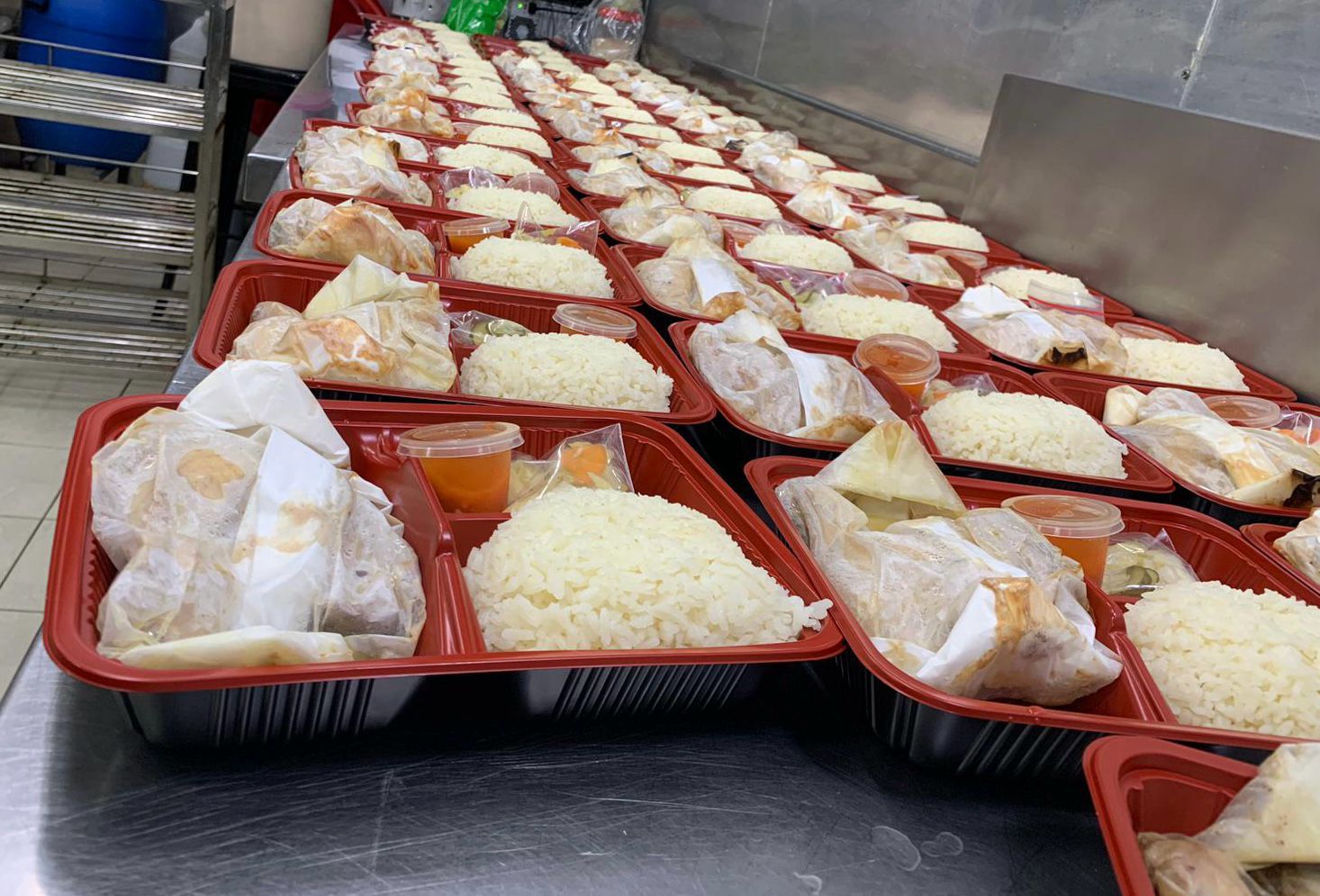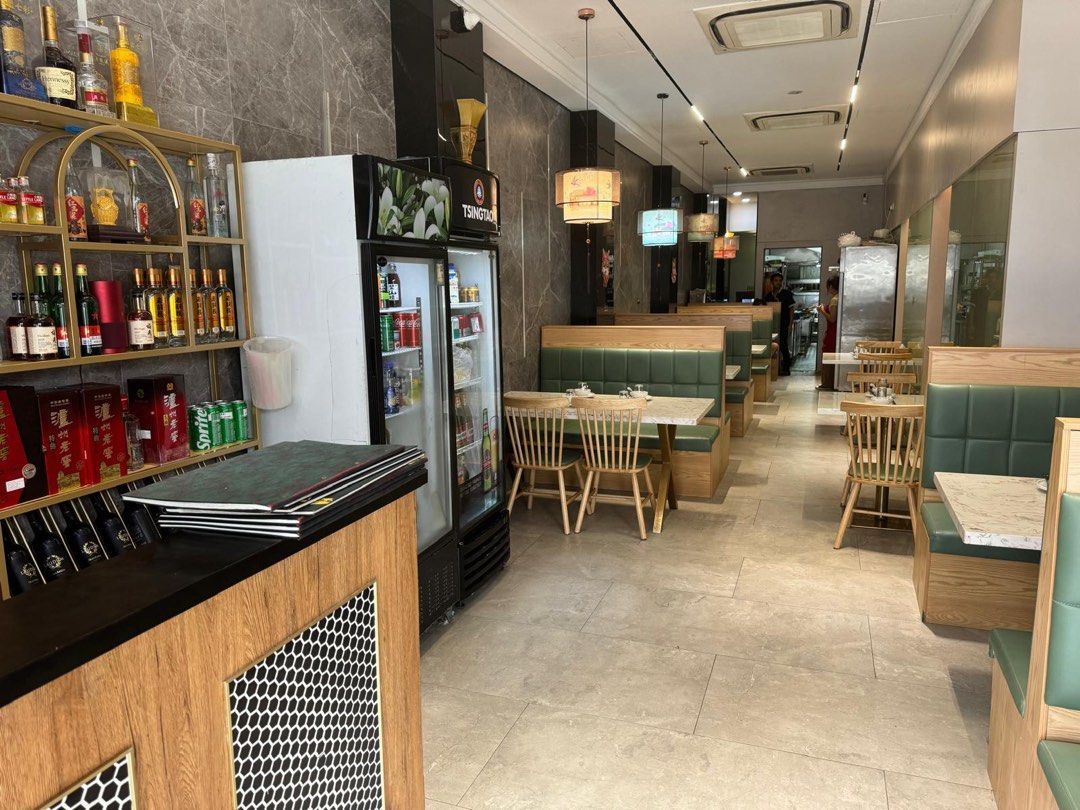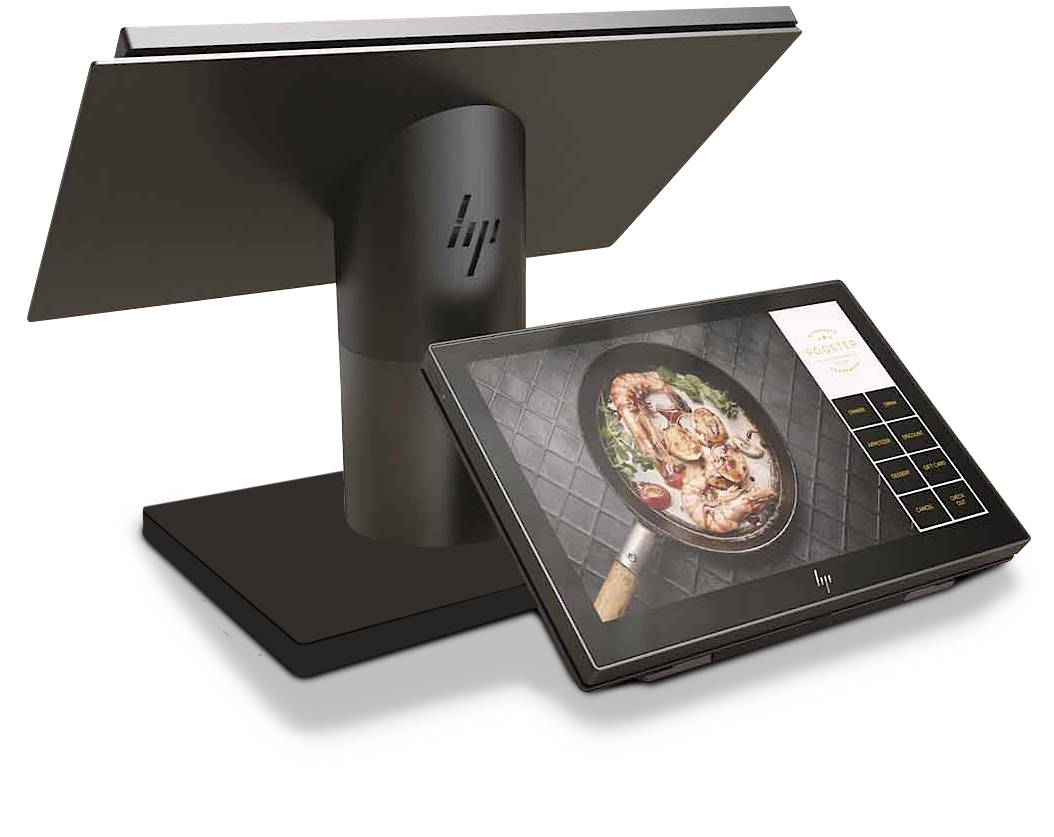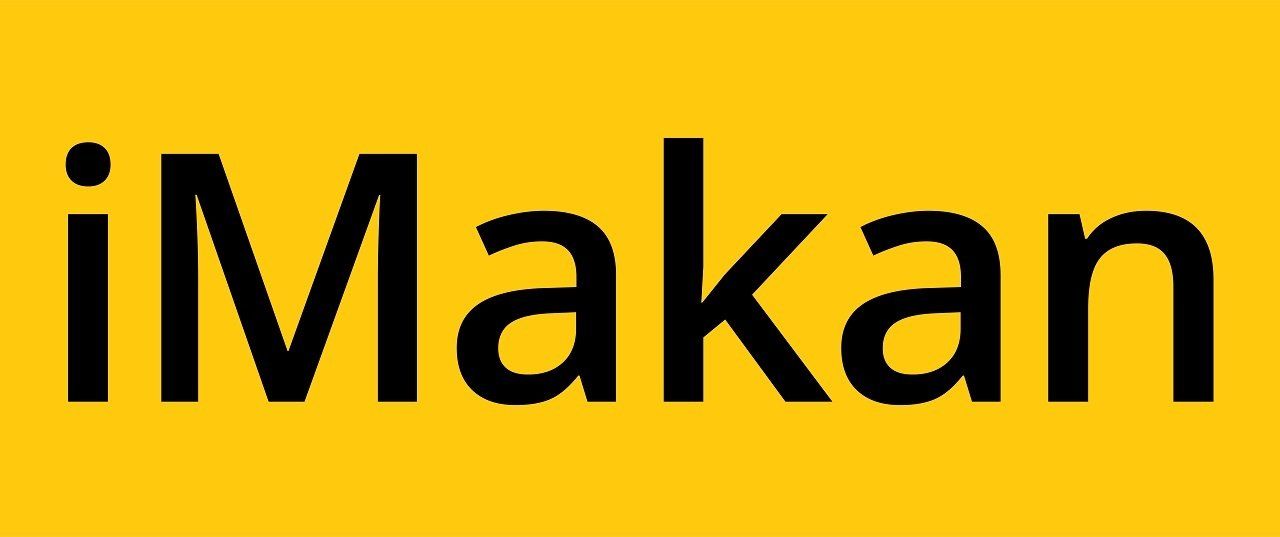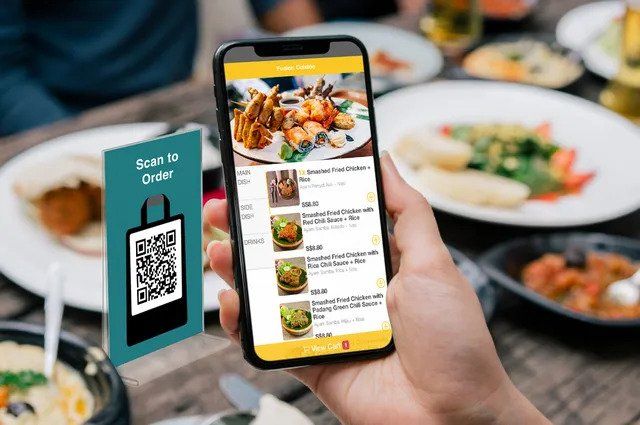In the ever-evolving F&B industry, sustainability is not just a trend—it’s a necessity. Consumers are increasingly drawn to eco-friendly restaurants that prioritize environmental responsibility. Implementing sustainable practices not only helps the planet but can also boost your restaurant's brand and drive sales. Let’s explore how sustainability can improve your restaurant’s bottom line and reputation.
1. Reduce Food Waste and Increase Efficiency
Food waste is a significant issue in the restaurant industry, contributing to environmental harm and unnecessary expenses. By implementing better inventory management through a POS system, your restaurant can track stock levels and reduce waste by ordering only what’s needed. Additionally, real-time data from a POS system can help adjust portion sizes, ensure that ingredients are used before expiration, and monitor which dishes are more popular to prevent over-preparation.
2. Attract Eco-Conscious Customers
Today’s consumers, especially millennials and Gen Z, actively seek eco-friendly dining options. Restaurants that adopt sustainable practices, such as using locally sourced ingredients, reducing single-use plastics, and offering plant-based menu options, can attract this growing customer base. QR ordering and self-ordering kiosks can also help reduce paper waste from traditional menus and receipts, aligning with your sustainability goals while providing a modern customer experience.
3. Boost Brand Reputation Through Transparency
Sustainability gives your restaurant a powerful story to tell. Promoting eco-friendly practices, such as using biodegradable packaging or participating in farm-to-table initiatives, builds trust with your customers. Transparency about your efforts can differentiate your restaurant from competitors and improve customer loyalty. Sharing your sustainability journey through social media and marketing campaigns can enhance your brand image and show your commitment to the environment.
4. Cut Down on Energy Use and Costs
Energy efficiency is another crucial aspect of sustainability. Restaurants can save on utility bills by adopting energy-efficient appliances, switching to LED lighting, and using smart POS systems to monitor energy usage. Simple changes, like turning off equipment when not in use or optimizing kitchen operations, can significantly reduce energy consumption, benefiting both the environment and your bottom line.
5. Enhance Customer Experience with Self-Ordering Solutions
Integrating technology like self-ordering kiosks and QR ordering systems allows customers to place orders efficiently while reducing the need for printed menus and order slips. This paperless approach reduces waste and enhances the customer experience by offering a seamless, tech-forward ordering process. These solutions also minimize human error, speeding up service and improving accuracy in fulfilling customer orders, further contributing to operational efficiency.
6. Create Long-Term Savings and Profitability
While some sustainable initiatives may require an initial investment, they can result in long-term savings and increased profitability. For example, reducing food waste, cutting down on packaging costs, and lowering energy usage can all add up to significant savings over time. Moreover, as more consumers prioritize sustainability in their purchasing decisions, eco-friendly restaurants can see higher traffic, translating to greater sales and customer loyalty.
7. Improve Employee Satisfaction
Sustainable practices often go hand in hand with better working conditions, whether it’s through improved energy-efficient kitchens, healthier work environments, or ethically sourced ingredients. Employees are more likely to take pride in their workplace if they know they’re part of an organization that cares about its environmental impact. Happy employees contribute to better service, which can lead to improved customer satisfaction and repeat business.
Incorporating sustainable practices in your restaurant not only improves your brand reputation but also attracts eco-conscious customers, reduces costs, and enhances overall efficiency. Technologies like POS systems, self-ordering kiosks, and QR ordering solutions play a pivotal role in supporting sustainability while modernizing operations. By adopting these practices, you can boost both your restaurant’s profitability and its positive impact on the planet.
If you are looking for digital solutions such as self ordering kiosk. POS system, QR ordering, online ordering solutions, click here to find out more!

